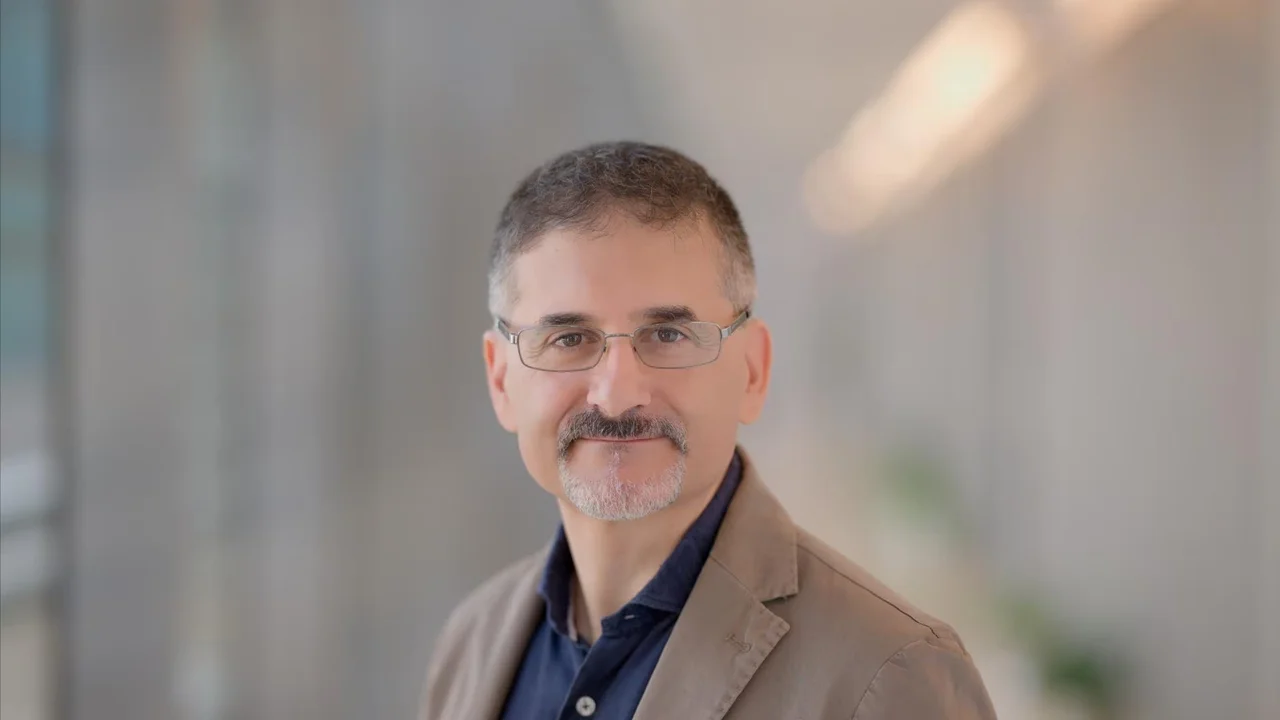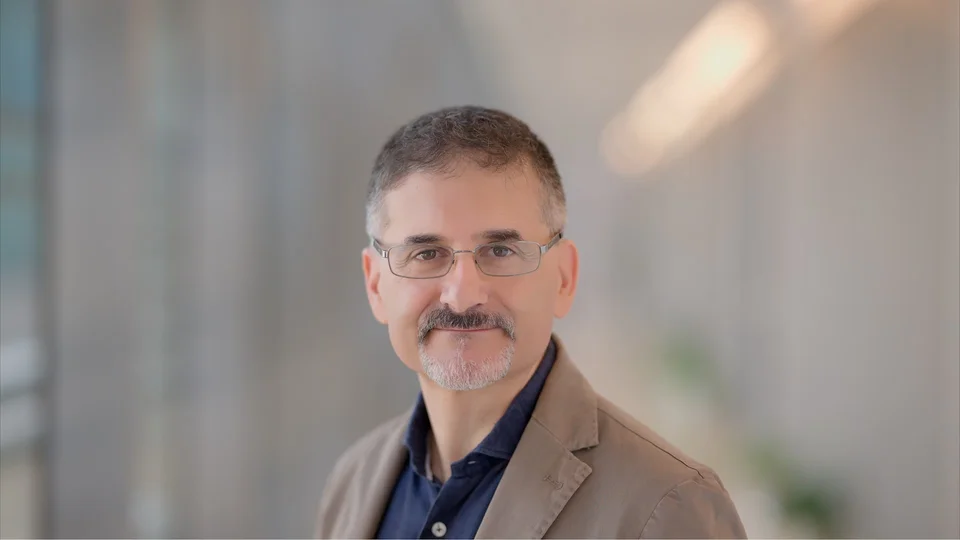
Professor Roberto Di Pietro elected to the Academia Europaea
KAUST Professor Roberto Di Pietro has been elected as a member of the prestigious Academia Europaea.
About
By David Murphy
KAUST Professor Roberto Di Pietro has been elected as a member of the prestigious Academia Europaea. The Academy has a membership of over 5,000 eminent scientists and scholars worldwide. These members are among the most productive, innovative, influential and pioneering researchers in the scientific community.
This year, 349 international scholars have been elected to membership in the four classes of humanities, social and related sciences, exact sciences and life sciences.
Formed in 1988, the pan-European Academy promotes European research, advises governments and international organizations on scientific matters and furthers interdisciplinary and international research.
Dr. Di Pietro is a full professor of computer science at the KAUST CEMSE Division. He is affiliated with the KAUST Resilient Computing and Cybersecurity Center (RC3).
“I am honored and humbled to have been asked to join an international organization whose aim is to promote research, advise governments and international organizations in scientific matters, and further interdisciplinary and international research. These topics are core to the mission of every university and particularly valued at KAUST,” he noted.
Di Pietro began his professional career as a computer scientist in 1995, serving as a Joint Staff senior military technical officer within the Italian Ministry of Defence (MoD). At the MoD, he managed complex information and communications technology (ICT) projects focusing on resiliency and security.
Following this, he began his academic career—with spells at Vrije University, the Netherlands; George Mason University (Center for Secure Information Systems), U.S.; the Carlos III University, Spain, and the Barcelona Digital Technology Centre, Spain—with alternating periods of contribution to industry (NOKIA Bell Labs), international organizations (the EU, the U.N.), and strategic consultancy.
His primary research interests include security and privacy for distributed systems, virtualization security, applied cryptography, computer forensics and data science. He identifies three particular lines of research above others: critical infrastructure protection (CIP), online social networks (OSN), and cloud security.
In terms of CIP, Di Pietro has contributed to cybersecurity in avionics, maritime and satellite communications and power grid cybersecurity, among others. Regarding OSN, he has been actively working on detecting bots and identifying “fake news.” His cloud security efforts have focused on providing reliable and secure cloud services and securing the virtualization layer that underpins cloud computing.
“I believe that the impact generated by a university can be optimized by a dynamic combination of local activities and international presence. In this respect, belonging to an international valuable network, like Academia Europaea, the Institute of Electrical and Electronics Engineers, or the Association for Computing Machinery, can foster the dissemination and adoption of locally developed solutions and achieved research results.
“That is why these outreach activities are a key task of every faculty, especially the senior ones, that are sometimes seen as representative for a given area of the Institution they belong to,” he concluded.
